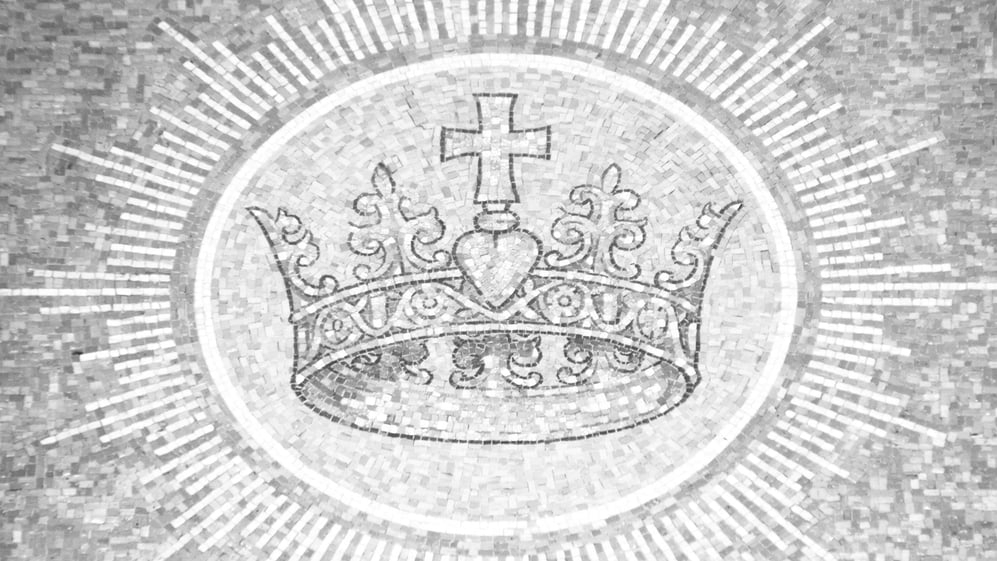Today, we turn to The Christian Year of Grace for answers to questions about the Purification of Mary and the Presentation of Our Lord.
Scripture Readings
1 Samuel 1:21–28
Psalm 84
Hebrews 2:14–18
Luke 2:22–40
Introduction
Even as a helpless babe, Jesus was our Savior, who came to fulfill the Law in our place. Through His blood shed on the cross, we are purified from our sin so we can have eternal life.
Devotional Reading
16. What does the Law say about purification?
It is written in Leviticus 2 [:2–5] that if a woman bears a male child, she shall remain at home six weeks until she is purified. She shall touch no holy thing, and shall not come to the sanctuary; but if she bears a female child, she shall remain at home twelve weeks.
17. What do we find in this Law?
Two things that seem to us almost unfitting: First, a new mother was regarded as unclean even though marriage is God’s work and the infant that is born is God’s pleasing creation. Second, she was to offer five shekels in silver for a lamb, a pair of turtledoves, or two young pigeons, in exchange for the firstborn. But setting aside the Jews for a moment, it used to be held in the church that new mothers were not members of the church, but were cut off at that time and in the power of the devil. This led to the abominable superstition of sprinkling water and salt, burning candles and incense, and making many signs of the cross on doors and windows so that Satan would not be able to gain entrance. . . .
24. Why did God give this commandment to the Jews?
For three reasons: first, that they might be mindful of how He struck down all the firstborn in their exodus from Egypt, both men and animals. Second, that the priests and Levites might have their living from it, since they had no inheritance in the land. Third, that he might remind us of the true Firstborn, our Lord Jesus Christ, who is the firstborn of all, in whose blood we are cleansed and sanctified.
25. Did this law apply to Christ, too?
No, Christ is Lord of every law. He served us with it, that He might satisfy the Law. As St. Paul says, Christ was not subject to the Law; thus Christ stood in our place and fulfilled the Law on our behalf (Gal. 4 [:4–5]).
26. Has the Law been abolished, then?
With respect to justification the Law has been abolished. This is why St. Paul says, “You are not under the Law but under grace” [Rom. 6:14], so that by grace and through the merits of Christ you have forgiveness of sins, righteousness, and blessedness. But as far as the obedience of faith is concerned, we are required to do what is becoming of Christians and children of God.
Devotional reading is from The Christian Year of Grace, pages 394–95 © 2014 Concordia Publishing House. All rights reserved.
Selected Hymn Stanza
He lives—oh, the bliss of this glorious thought;
My sin, not in part, but the whole,
Is nailed to His cross, and I bear it no more.
Praise the Lord, praise the Lord, O my soul!
It is well with my soul,
It is well, it is well with my soul.
Hymn stanza is from LSB 763:3.













